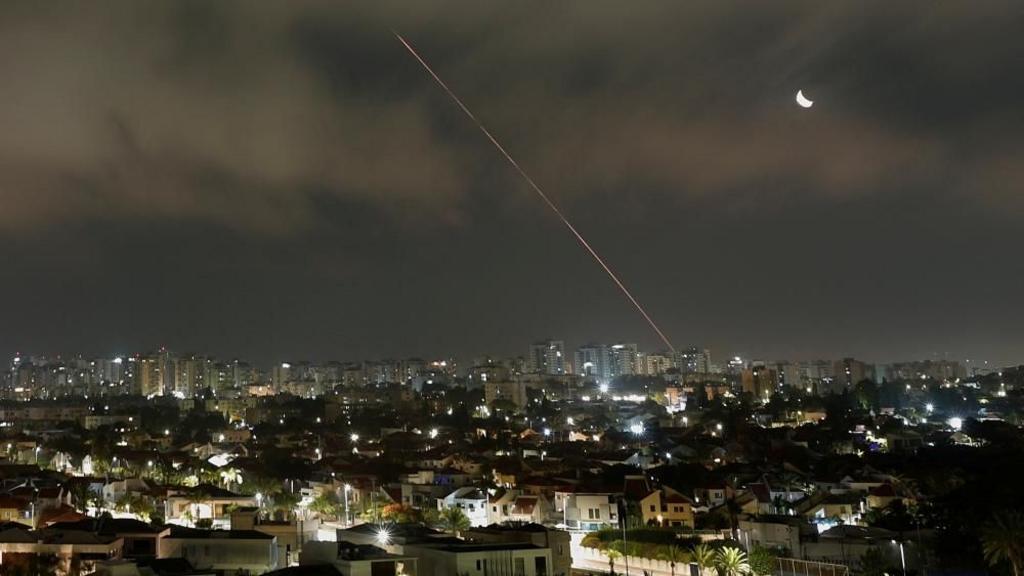Fresh hostilities erupted between Iran and Israel early Saturday, with both nations exchanging missile attacks just hours after Tehran ruled out nuclear negotiations under threat. Around 2:30 a.m. local time, air raid sirens wailed across central Israel, including Tel Aviv, as Iranian ballistic missiles streaked toward the country. Israel’s air defenses intercepted the projectiles, lighting up the night sky with explosions, while debris sparked fires in residential areas.
At the same time, Israel launched retaliatory strikes targeting Iranian missile storage and launch sites. An Israeli military official stated that Iran had fired five ballistic missiles, with no immediate reports of direct impacts. Meanwhile, emergency services in southern Israel also activated sirens, though initial assessments suggested no casualties from the latest exchange.
The violence follows Israel’s strikes last Friday, which it claimed were necessary to prevent Iran from acquiring nuclear weapons—an allegation Tehran denies, insisting its nuclear program is peaceful. According to U.S.-based human rights monitors, Israeli attacks have killed 639 people in Iran, including senior military figures and scientists. In Israel, authorities report 24 civilian deaths from Iranian missile strikes, though exact numbers remain unverified.
With diplomacy faltering and both sides refusing to back down, fears of a broader regional war continue to mount. European mediators struggle to keep dialogue alive, while global leaders urge restraint. The cycle of retaliation risks spiraling out of control, leaving civilians on both sides caught in the crossfire of a deepening geopolitical crisis.














